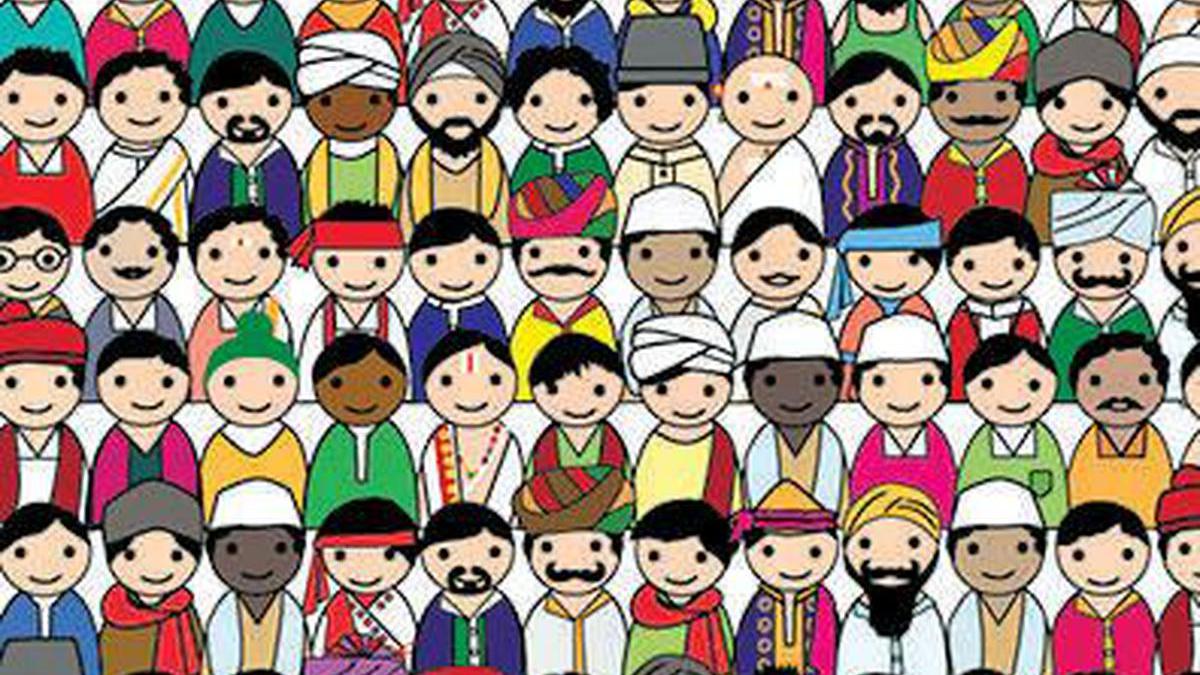
Sum of us: The ancient and modern history of counting people
Hindustan TimesThe first known census was conducted during the Babylonian Empire, in 3800 BCE. The ancient civilisations of Persia, Egypt, India and Rome all conducted population surveys, with some of the methods they used and data they collected passing into history through travellers’ accounts, administrators’ accounts, inscriptions and religious texts. Its earliest recorded use dates to the Roman Empire, which conducted methodical surveys every five years, between 27 BCE and 286 CE, to keep track of citizens and land holdings, employment, social class and privileges, and to calculate existing and potential troop strength. The oldest preserved census records are from the 2nd century BCE Han Dynasty of China, when the population of this vast empire was almost 60 million, approximately one-fourth of the world’s tally at the time. That global tally would rise to about 300 million by 1 CE, according to the US-based non-profit research and data organisation Population Reference Bureau.
History of this topic
)
From the first human to eight billion and counting: How Earth's population has exploded
FirstpostDiscover Related

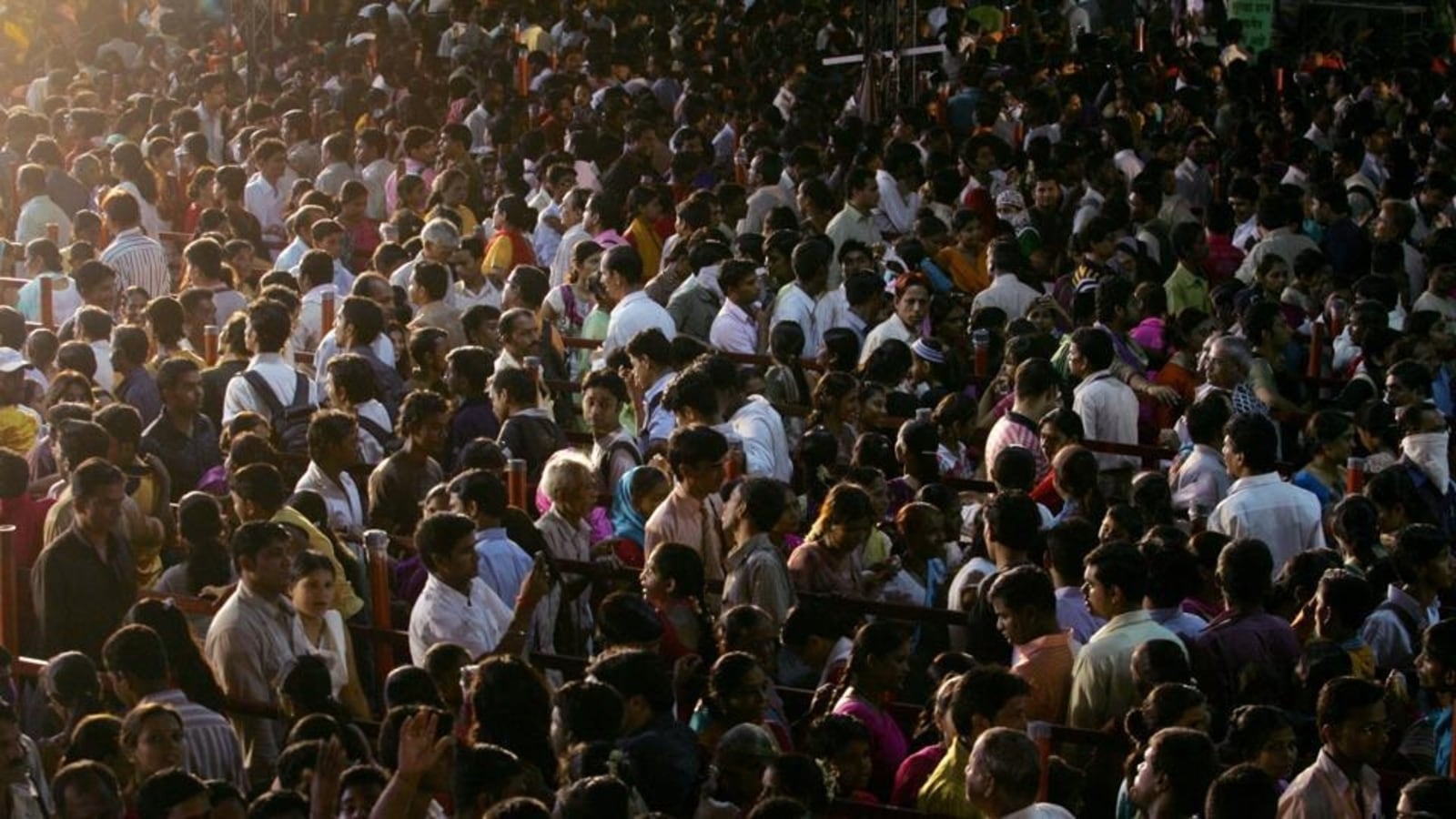
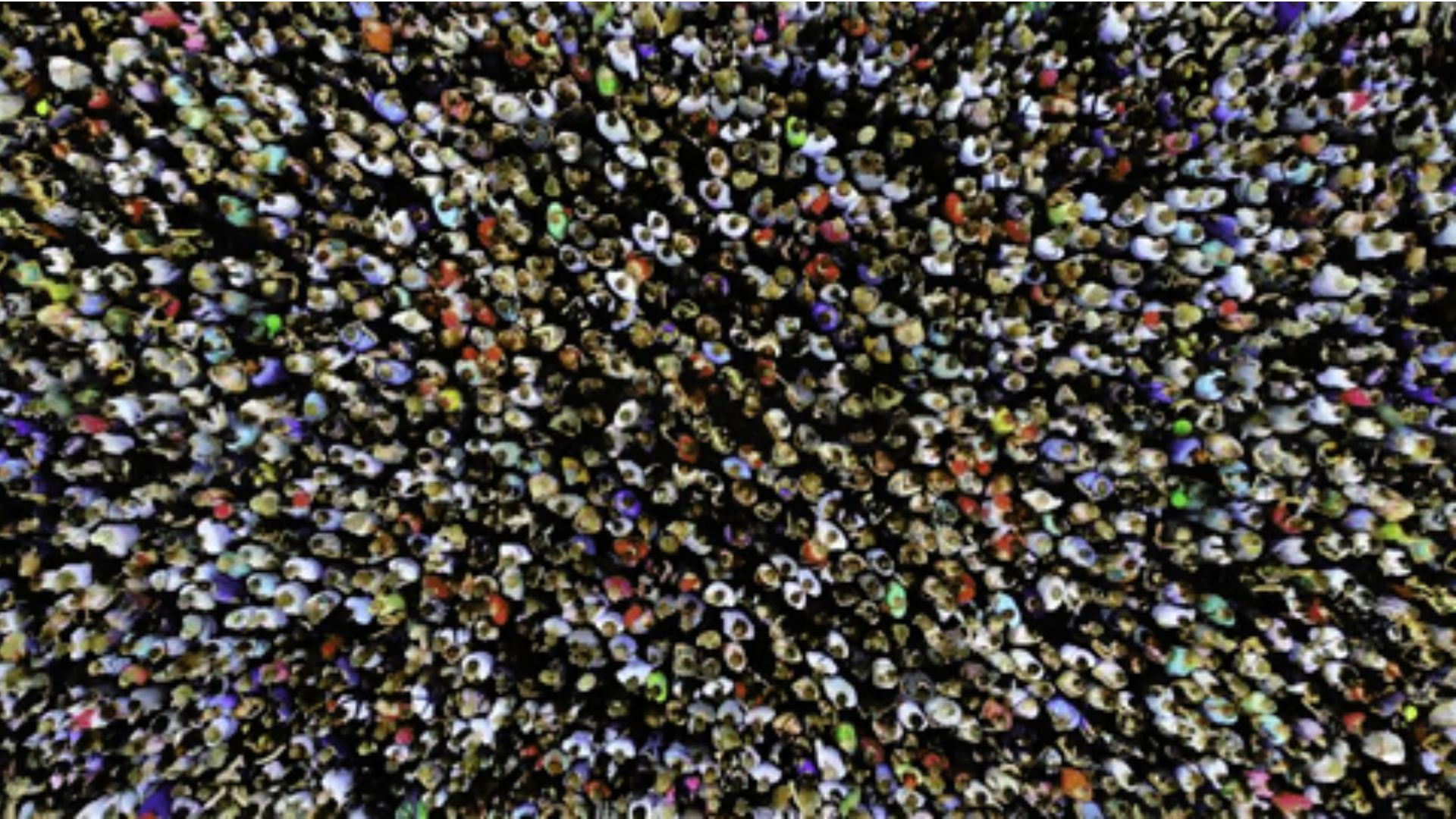










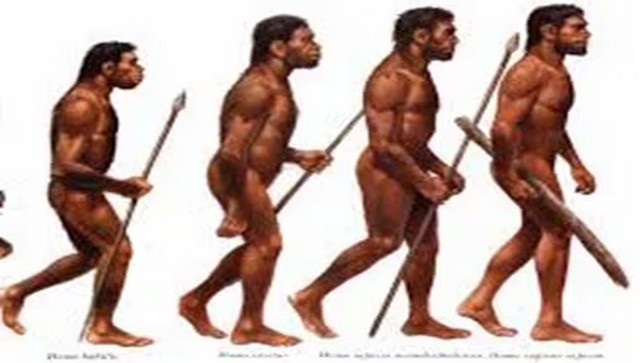)
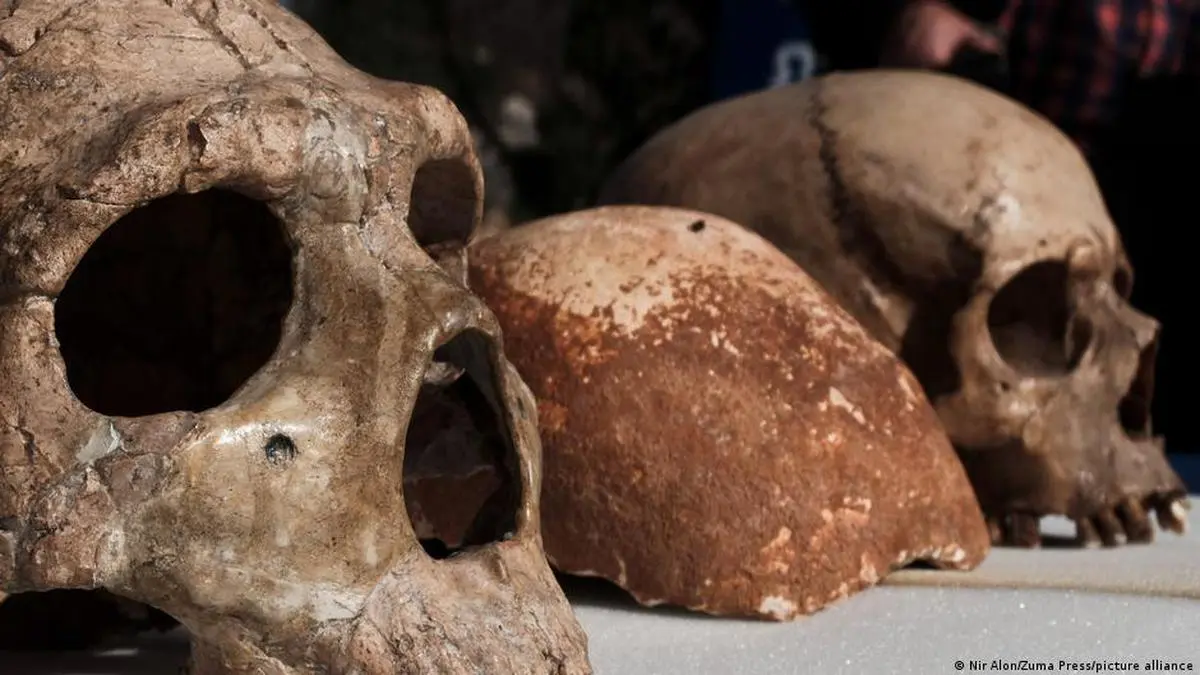








)



)


